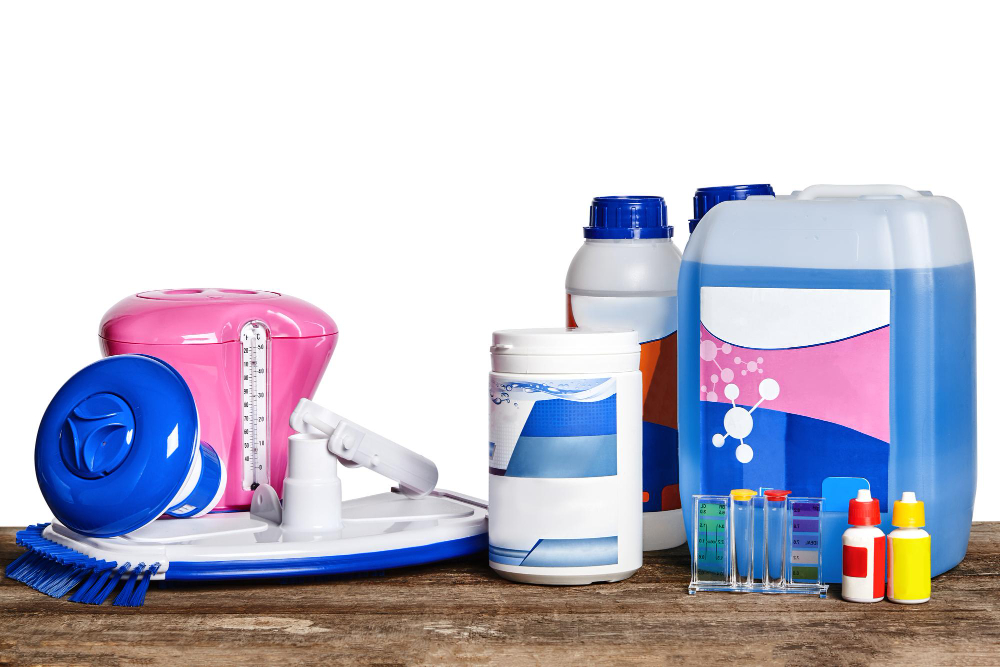
Pools are a great source of relaxation and entertainment, especially during the summer months. However, it is important to remember that with all the fun also comes the responsibility of maintaining the safety of your pool - and that includes the chemicals used to keep it clean and clear. In this ultimate guide, we will discuss pool chemical safety, including how to handle and store chemicals properly, potential health hazards, and what to do in case of an emergency.
Handling and Storing Chemicals
Pool chemicals are a necessary part of keeping your pool clean and safe to swim in. However, these chemicals can be toxic if they are not handled and stored correctly. Always read the labels on the chemicals before use and follow the instructions carefully. Wear protective gear such as gloves and goggles when handling chemicals to avoid skin or eye irritation. When storing chemicals, make sure they are kept in a cool, dry, and well-ventilated area away from other household chemicals, such as cleaning supplies. Keep them out of the reach of children and pets.
Potential Health Hazards
While pool chemicals are necessary to keep your pool clean and safe, they can also pose potential health hazards if not handled correctly. Exposure to chemicals can cause skin irritation, eye irritation, respiratory issues, and in severe cases, chemical burns. The use of chemicals should be done in a well-ventilated area, and if any irritation, rashes, or discomfort occurs, seek medical attention immediately. It is essential to be familiar with the SDS (Safety Data Sheets) of the chemicals used in your pool to understand the potential hazards and prevention measures.
Emergency Procedures
In case of an emergency, it is essential to have an emergency kit readily available in the pool area. The kit should include gloves, goggles, a face mask, a first-aid kit, and a source of water to rinse off. In case of ingestion, call emergency services immediately, and provide them with the SDS and any other information they may need. If a chemical is ingested, do not induce vomiting before seeking medical attention. Remember, prevention is always the best solution, familiarize yourself with proper handling and storing procedures, and always follow the instructions on the label.
Regular Maintenance
Regular maintenance is crucial to ensure the safety of both the pool and those who swim in it. Testing the pool's chemical levels regularly will help maintain a consistent balance of chemicals and prevent the need to use excessive amounts of chemicals. As a rule of thumb, test the pool water at least twice a week, and always after a heavy rain or high usage. Maintaining proper chlorine levels is essential in ensuring the safety of your pool water. It is also recommended to clean the pool filters and baskets regularly to prevent debris from interfering with the chemical balance of the pool.
Conclusion
In conclusion, it is important to remember that pool chemical safety is crucial for not only maintaining the safety of the pool but also those who swim in it. Always use protective gear, follow instructions carefully, and store chemicals away from children and pets. Be familiar with the SDS of the chemicals used, and know what to do in case of an emergency. By following proper procedures and maintaining regular maintenance, you can ensure a safe and enjoyable swimming experience for everyone. If you need help with pool repair in Orlando, FL, contact All Phase Pool Remodeling today for free estimates.